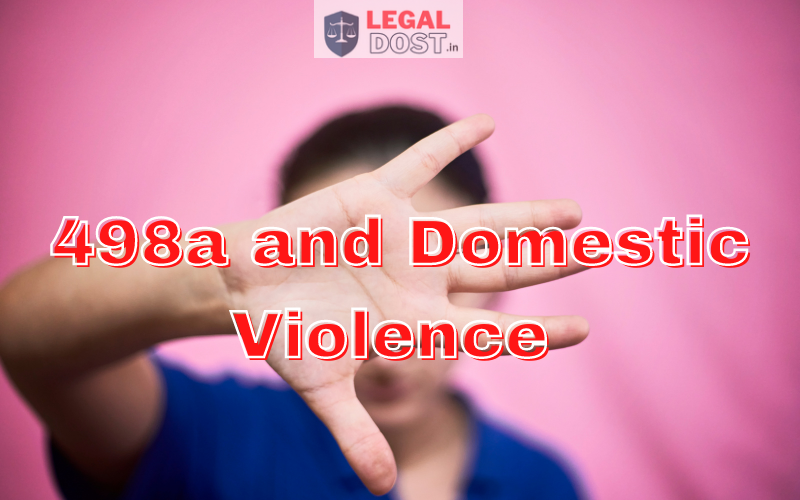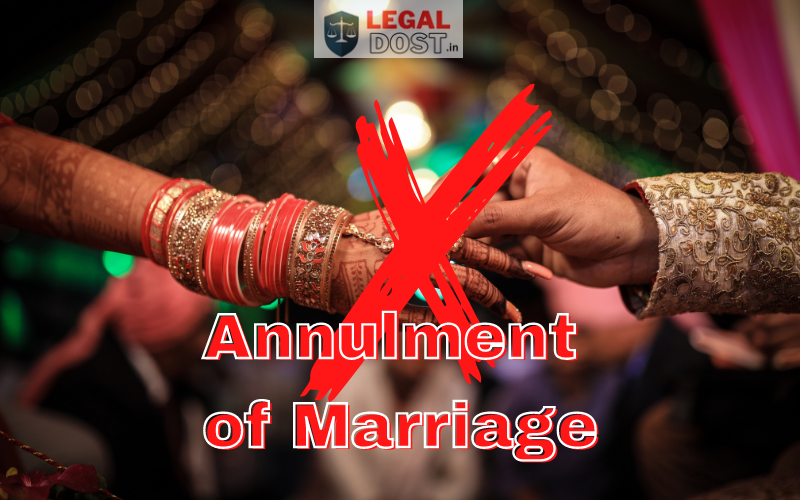In India, the legal system has been tackling the issue of domestic violence for many years. Domestic violence has been a major problem in India, with the National Crime Records Bureau (NCRB) reporting more than 300,000 cases of domestic violence in 2019 alone. With the rise of such cases, we need to understand the legal system’s approach to handling them, specifically in regard to the anti-dowry law and the Domestic Violence Act.
The anti-dowry law, known as Section 498a of the Indian Penal Code, was introduced in 1983 to protect women from being subjected to cruelty and harassment by their husbands and their in-laws. Section 498a states that any man or his relatives who harass or subject a woman to cruelty will face imprisonment or a fine. This law has been widely criticized for being too harsh, as it allows for the arrest of the accused without any prior investigation or trial.
The Domestic Violence Act was enacted in 2005 to provide protection and legal remedies for women who are subjected to domestic violence. The Act defines domestic violence as “any act of physical, mental, emotional or sexual abuse inflicted on a woman by her husband, his relatives or any other person related to her”. It also provides for the protection of women from being subjected to cruelty and harassment by providing them with the right to approach the court for relief.
Here are some tips on how to handle 498a and domestic violence cases:
• Seek legal advice: If you have been subjected to any form of domestic violence, it is important to seek legal advice. A lawyer can help you understand your legal rights and options, and provide you with the necessary guidance to navigate the legal process.
• File a complaint: You can file a complaint with the police or the court in order to seek protection from the accused. You may be able to obtain a restraining order or other legal remedies such as relocation or compensation.
• Consider mediation: Mediation is a form of dispute resolution that can help you resolve your dispute without going to court. The process is confidential and can be less expensive than a court case.
• Seek support: You may want to consider seeking support from a domestic violence counseling service or support group. These organisations can provide you with emotional and practical support, as well as advice on available legal options.
• Follow the law: It is important to follow the law, particularly when it comes to domestic violence. If you are charged with an offense under Section 498a, it is important to seek legal advice and to ensure that you comply with all court orders.
Domestic violence is a serious issue in India, and the legal system has been attempting to address it for many years. It is important to understand the legal system’s approach to handling such cases and to know what steps to take if you or someone you know is a victim of domestic violence. By following the tips outlined above, you can ensure that you are better prepared to handle such cases.
Section 498a of the Indian Penal Code was introduced in 1983 to protect women from being subjected to cruelty and harassment by their husbands and their in-laws. The law states that any man or his relatives who harass or subject a woman to cruelty will face imprisonment or a fine. This law has been widely criticized for being too harsh, as it allows for the arrest of the accused without any prior investigation or trial.
The law has been met with criticism as it is seen by some as a tool of harassment and misuse, as it can be used to file false cases against innocent people. Over the years, the Supreme Court of India has taken steps to address the misuse of Section 498a and has issued various guidelines to ensure that the law is not misused. These guidelines include ensuring that the police investigate the complaint before arresting the accused and that the magistrate or court is satisfied with the evidence before issuing a warrant.
Despite the criticisms, Section 498a is seen as an important law that provides protection to women who are victims of domestic violence. It is also seen as an important step towards gender equality and justice in India.
Bibhu Mishra is a prolific writer who has published many books spanning various genres. He is a legal enthusiast and an avid researcher of cutting-edge technology, diving into fascinating realms to bring captivating narratives to life.



